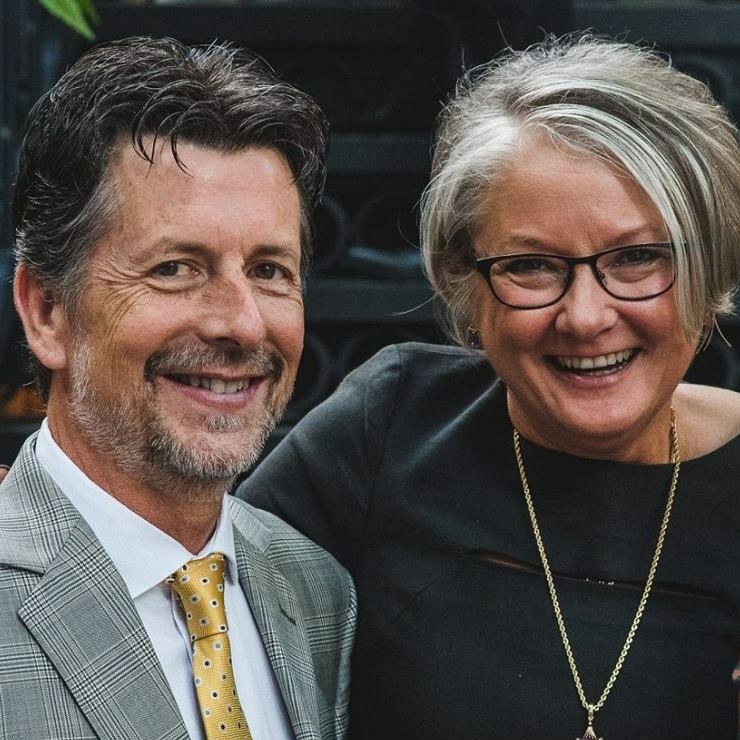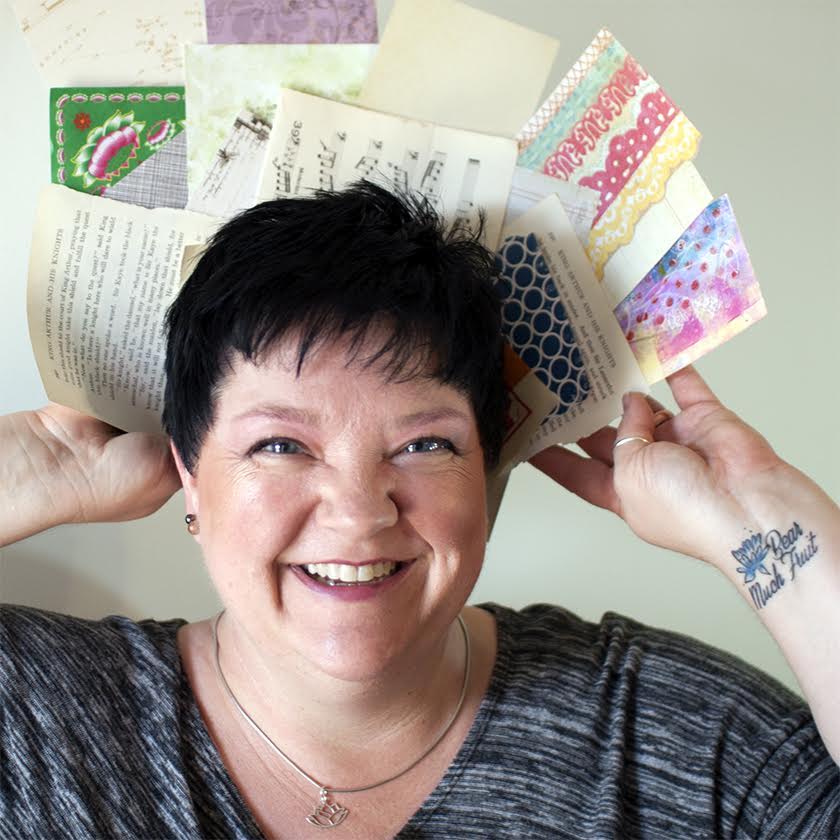By Stacy Blackmon
My niece recently turned the big 1-0. When I called her on her big day I asked, “Do you feel anything different today– having reached double digits?” She quickly responded “I think I’m taller and I’m more excited.” “About what?” I asked. She energetically squealed, “About everything.” When I hung up the phone, I smiled just thinking about her future. By most standards, she was being afforded a high quality of life with minimum barriers and maximum opportunities to develop and succeed in life. A split second later, I was reminded of a young woman a world away whose outlook was quite different.
About five years ago, I was looking out over a small mountain ridge marveling at the beauty of Swaziland. Standing next to me was a beautiful, fourteen-year-old girl who had been thrust into adulthood after both of her parents succumbed to AIDS. I introduced myself, shared a bit about my life and work, then took a deep breath and exclaimed, “This place is beautiful.” Without any facial expression, she described her life as an orphan, her daily responsibilities caring for her three younger brothers and the lack of opportunities for girls to advance. Then, with a flat tone she said “There is nothing beautiful about this place.” I still remember that moment when my heart sank hearing her despair. At fourteen, she had already abandoned her dreams. Unlike my niece, she was not excited about anything.
Unfortunately, for far too many girls around the world life is hard. At ten, girls in places like sub-Saharan Africa are
required to fetch water instead of attend school and girls in places like Afghanistan are illiterate and repressed by religious ideologies. At fourteen, girls in places like rural India are forced to marry and in places like Cambodia or the Balkans or even Atlanta (US) are forced or tricked into the sex trade. And, in countries and communities all over the world, girls grow up to be women who are treated like second class citizens, experience gender based violence and work harder and earn less than their male counterparts.
Although circumstances are tough and options are limited for many girls, we can all do something to help tip the scales in the direction of hope. Girls in your family need someone to talk to. Listen up. Girls in your community need a caring mentor. Show up. Girls around the world need access to clean water and health care; need support to attend school; need to be seen as valuable and treated with dignity and respect; need to be rescued from the worst atrocities and embraced until their deep wounds heal. Let that shake you up.
Then, connect with your local church, community agency or Global Women to discover ways you can get just one more girl excited about her future!



